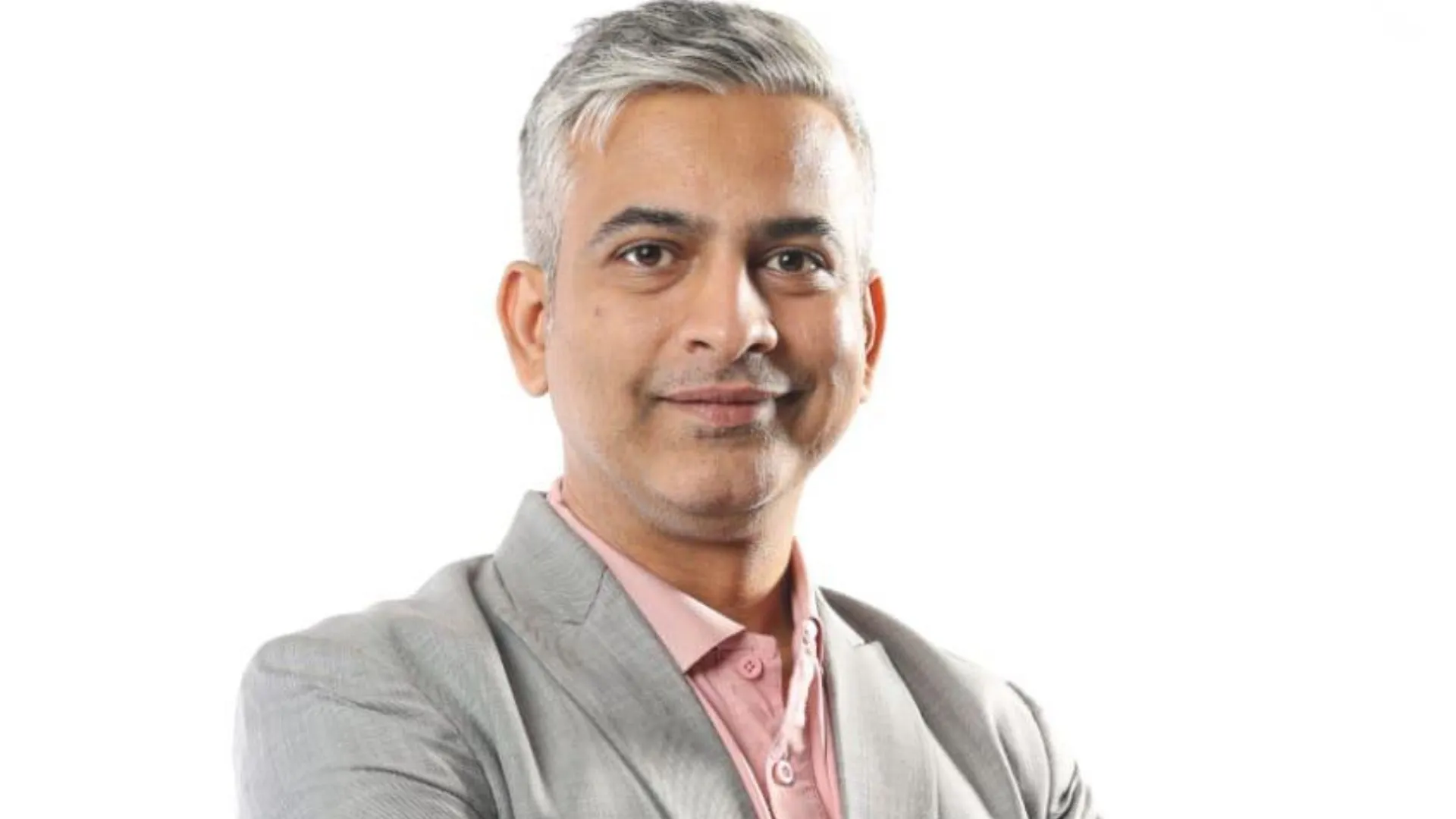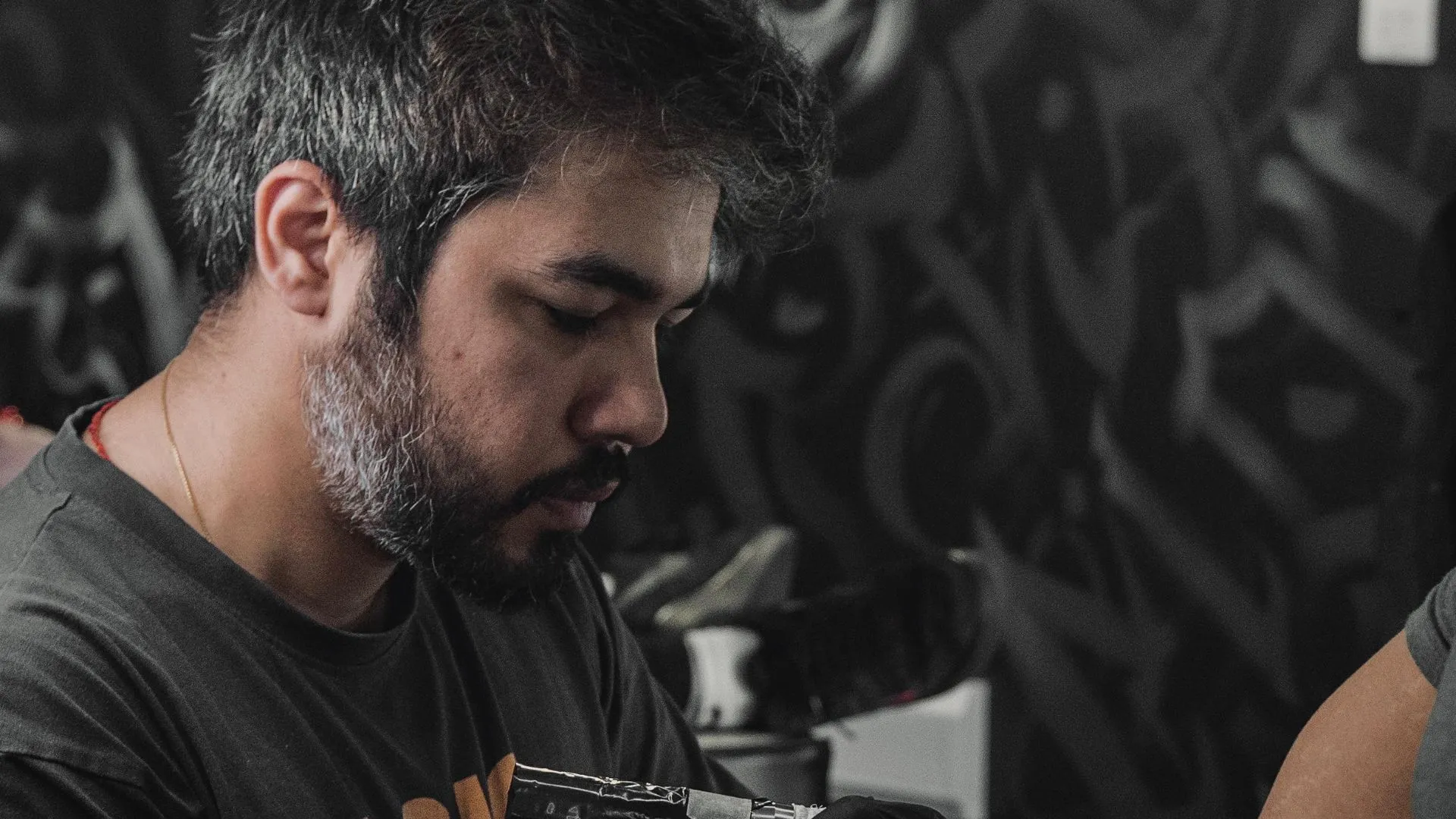The Union Health Ministry has counteredan international report by UNICEF that highlights a high number of ‘zero dose children’ in India. According to the World Health Organization (WHO), ‘zero dose children’ are those who have never received any routine immunization services, operationally measured as not having received the first dose of the diphtheria-tetanus-pertussis (DTP) vaccine.
Vaccination is crucial for these children as it provides immunity against diseases like measles, polio, and whooping cough. Early vaccination is vital due to infants’ developing immune systems, which makes them susceptible to infections. Vaccines stimulate the immune system to produce antibodies, providing protection when the child encounters the actual pathogen. Additionally, widespread vaccination contributes to herd immunity, reducing the spread of diseases and protecting those who cannot be vaccinated.
Current Data on ‘Zero Dose Children’
Recent data from WHO/UNICEF estimates show that DTP immunization coverage remains stagnant compared to 2022, and the number of ‘zero dose children’ is higher than in 2019. The total number of un- and under-immunized children is 21 million in 2023, 2.7 million above the baseline value. India is among the 10 countries accounting for 59% of ‘zero dose children.’
Indian Government’s Response
In response, the Indian health ministry noted that ‘zero dose children’ account for only 0.11% of the country’s total population. It highlighted that India has the world’s highest number of vaccinated children, achieving a full immunization coverage rate of 93.23%. Under Mission Indradhanush, 5.46 crore children and 1.32 crore pregnant women have been vaccinated till 2023, reducing the number of zero dose children by 34% between 2014-2023.
Despite these efforts, factors such as misinformation, access barriers, and complacency contribute to the rise in ‘zero dose children.’ Vaccine hesitancy, fueled by misinformation, concerns about side effects, economic barriers, and inadequate healthcare infrastructure, play significant roles. Addressing these challenges is crucial to ensuring comprehensive immunization coverage in India.










